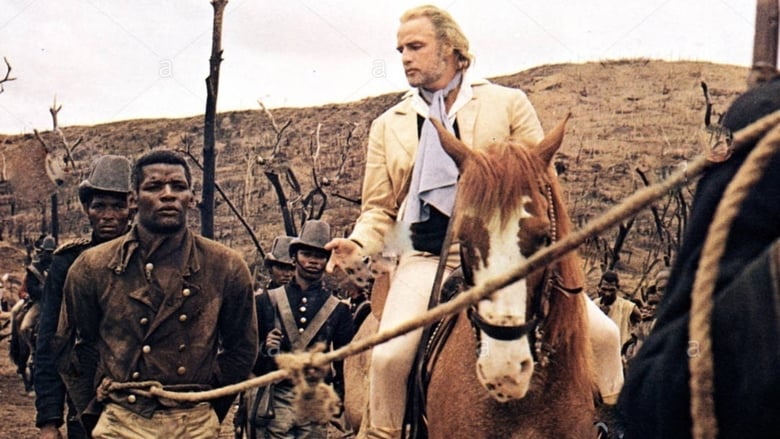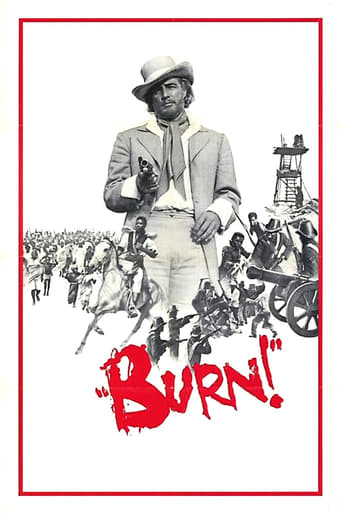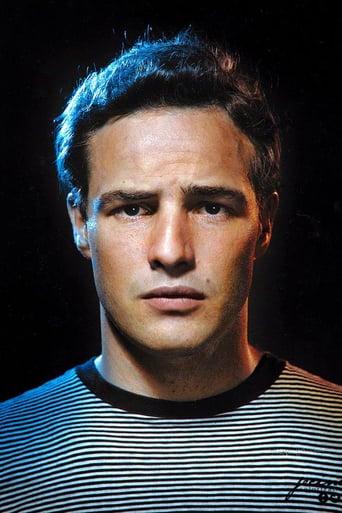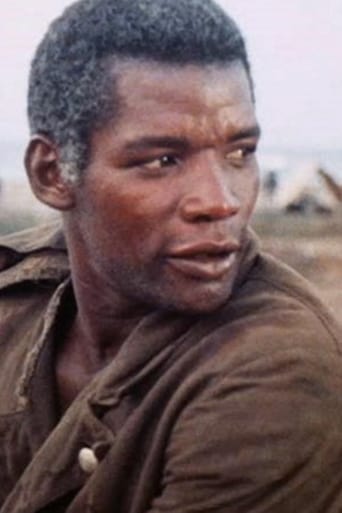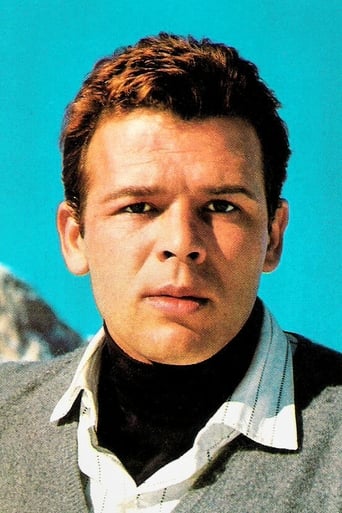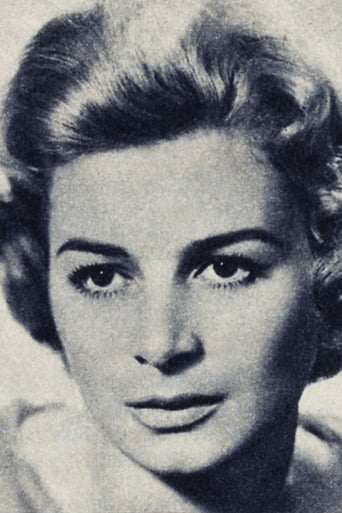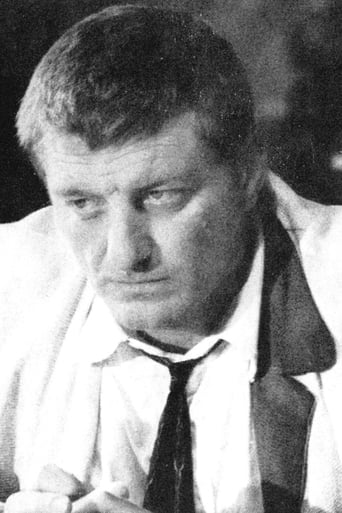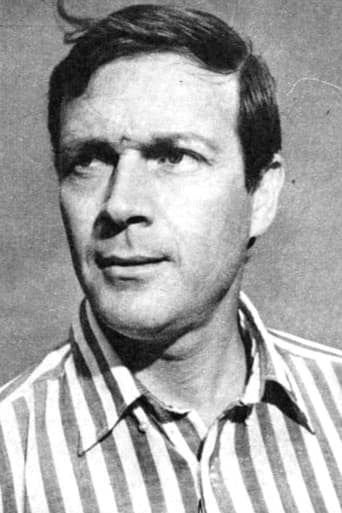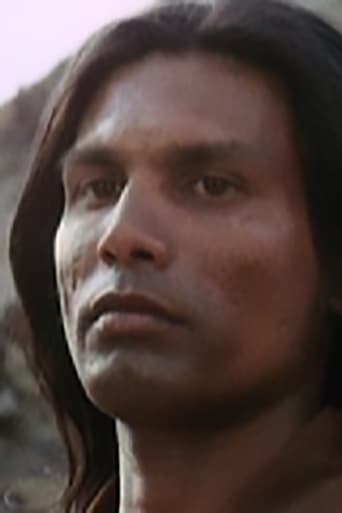The professional mercenary Sir William Walker instigates a slave revolt on the Caribbean island of Queimada in order to help improve the British sugar trade. Years later he is sent again to deal with the same rebels that he built up because they have seized too much power that now threatens British sugar interests.
Similar titles


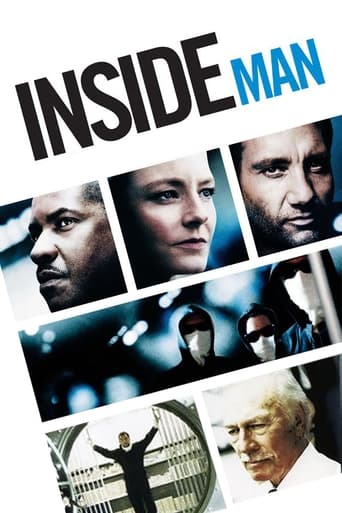
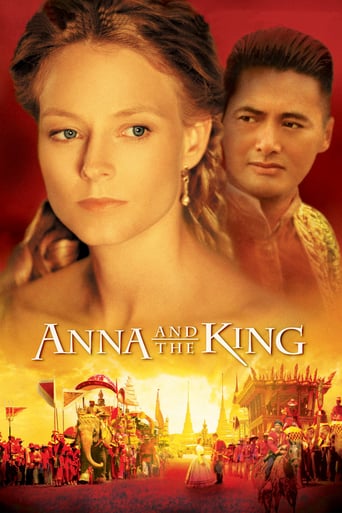
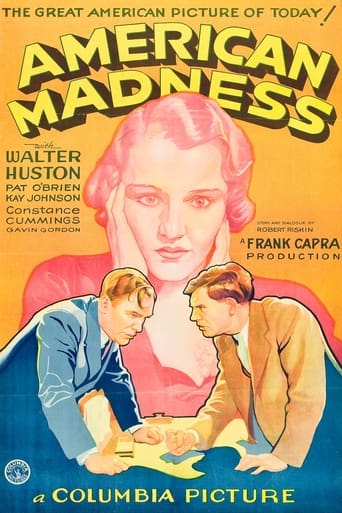
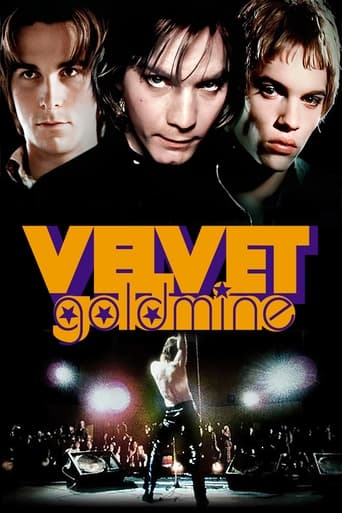




Reviews
Simply Perfect
A story that's too fascinating to pass by...
It's simply great fun, a winsome film and an occasionally over-the-top luxury fantasy that never flags.
This is one of the best movies I’ve seen in a very long time. You have to go and see this on the big screen.
A 19th century British diplomat instigates a revolution on the island of Queimada in the Caribbean between the black slaves and the Portuguese colonials in order to break Portugal's hold on the sugar market. An odd bit of political rabble-rousing and quasi-history from director Gillo Pontecorvo, who also worked on the story but seems far more comfortable gazing at the vistas and landscapes of the region rather than staging a riot. Marlon Brando (grizzled, and with a precarious accent) gives a necessarily unsympathetic performance and has some amazing bits and pieces, yet the picture really only comes to life during the montages, sweeping panoramas as scored by Ennio Morricone (whose work deserves the highest praise). United Artists, afraid of offending the Spanish movie market, changed the nationality of the villains from Spaniards to Portuguese in an eleventh-hour move designed for box-office; it was a misguided decision, particularly since U.A. hardly distributed the picture after the critics' reviews were less than enthusiastic. It has only recently acquired a cult following, mostly due to Morricone's majestic music. ** from ****
Marlon Brando's involvement in the making of "Burn" came about directly as the result of his politician idealism and his desire to make films with a comment on the human situation In 1968 he was deeply concerned in supporting civil rights causes, particularly those to have reference to black and Indian conditions, and, according to his friends, he was greatly disturbed and depressed by the assassination of Robert Kennedy and Martin Luther King "Burn" begins in 1845 as Sir William Walker (Brando) arrives on the island of Queimada, truly as far as can be judged as a harmless traveler but actually an agent of the British government ordered to incite a revolution that will shatter the Portuguese control on the island and permit the British to put their hand on the valuable sugar-cane total product Queimada has a population of two hundred thousand, of whom only five thousand are Europeans The main town is a well-protected port with a fort and a garrison, a governor's palace, a cathedral, a bank, a hotel and a brothel The English gentleman recognizes he must play the part of a political Pygmalion He looks around for a suitable subject to train as a revolutionary and he selects José Dolores (Evaristo Marquez), a large, handsome black dock-worker with an air of confidence Walker also recruits Teddy Sanchez (Renato Salvatori), an almost-white clerk with political ambitions Walker persuades José Dolores to steal the bank of the island, and once he does, Walker reveals his name to the government, thereby turning Dolores into a hunted bandit The ingenious Walker then teaches Dolores and his followers in the use of firearms and gradually absorbs in them ideas and feelings to overthrow the Portuguese government The film is quite obviously political in tone, and is a passionate piece of propaganda in the anti-colonial struggle Brando's interpretation of Sir William Walker is apt to call up memories of his Fletcher Christian This is another Englishman, whose gentle speech and soft manners disguise with courage and determination Walker is not a villain but a cold, inflexible pragmatist with a hard work to accomplish
While watching this film, I had to wonder how different it would have been historically and even cinematically without Marlon Brando. His presence looms larger than the burned island we're introduced to at the beginning of the film. Considering that one of the early images of the movie is a white island whose land was colored or rather dis-colored by the dried bones of African slaves brought to the island after the total destruction of the native population by Portuguese "settlers", it does point to Brando's ability to fill a screen.I had never seen a film by Gillo Pontecorvo, which is pretty blasphemous for any self-respecting, pompous cinephile such as myself although Battle for Algiers is high on my list, along with other films that my friends can't believe I haven't seen, like Rashomon, Apocalypse Now, or The Wild Bunch. This film, however, is kind of what I expected from someone whose work is as politically-informed as Pontecorvo's and very characteristic of late 60s-early 70s cinema: frenetic camera movement, jump cuts, hammy yet stirring close-ups, and the highlighting of political injustice.Brando plays SIR William Walker, a colonial troubleshooter for England's sugar industry, or interests. Basically, Walker goes to Queimada to foment revolution against the Portuguese, meets and "trains" the porter Jose Dolores (played by the studly Evaristo Marquez). Dolores. In Spanish "dolor" means pain. I wonder if it's similar in Portuguese. If so, it makes sense because Walker leaves after doing his fomenting and then returns ten years later to bring down the powers that he helped earlier because of their threats to the sugar interests. Throughout the film, the interaction between Walker and Dolores dominates and forms the narrative arc. In the end, after much back-and-forth, Dolores shows Walker that he and only he is the master of his destiny, just as the Developing World attempted to show the Developed World back in that era. I use capital letters here because these terms have been utilized so thoroughly and are so politically loaded that they are characters themselves, with a relationship built on ideology, passion, corruption, and exploitation, rather similar to Walker's and Dolores'.Pontecorvo attempts to show the injustice of colonialism through this microcosm of Queimada, but he's also using the relationship between Walker and Dolores to add a deeper layer to this conflict by using something audiences can always relate to: character development. But it felt dated and just didn't seem to work for me. In fact, it was an 11 am movie so I fell asleep for part of it. When I woke up and asked my boyfriend what I'd missed, he said "Not a lot, just Brando slapping people around." I gently nodded off for another fiver. I knew that the sugar interests were going nowhere for the moment.cococravescinema.blogspot.org
In some areas, this film actually manages to be a progression from Pontecorvo's masterpiece Battle of Algiers, but unfortunately, the 'sinking lips' mask what may have been great performances making it hard to engage with the characters. The audio quality is most disappointing with regard to Brando's character William Walker. Walker is a cunningly constructed Machiavellian manipulator reminiscent of a Lady Macbeth (with less guilt) and Iago (with arguably less motive) that is, nonetheless (and most impressively), believable. William Walker is potentially one of the greatest roles in film history played by one of the greatest actors of his generation. Sadly, the character, performance and film are diminished by poor quality audio (at this point I feel that it is important to not that I am not referring to the film's excellent musical score). Although the score may benefit from digital re-mastering the dubbing of actors' dialogue would not, and therefore Pontecorvo's Burn may never surpass being an almost great film. An admirable effort smartly constructed narrative held back by dodgy audio close to greatness.
Top Streaming Movies











